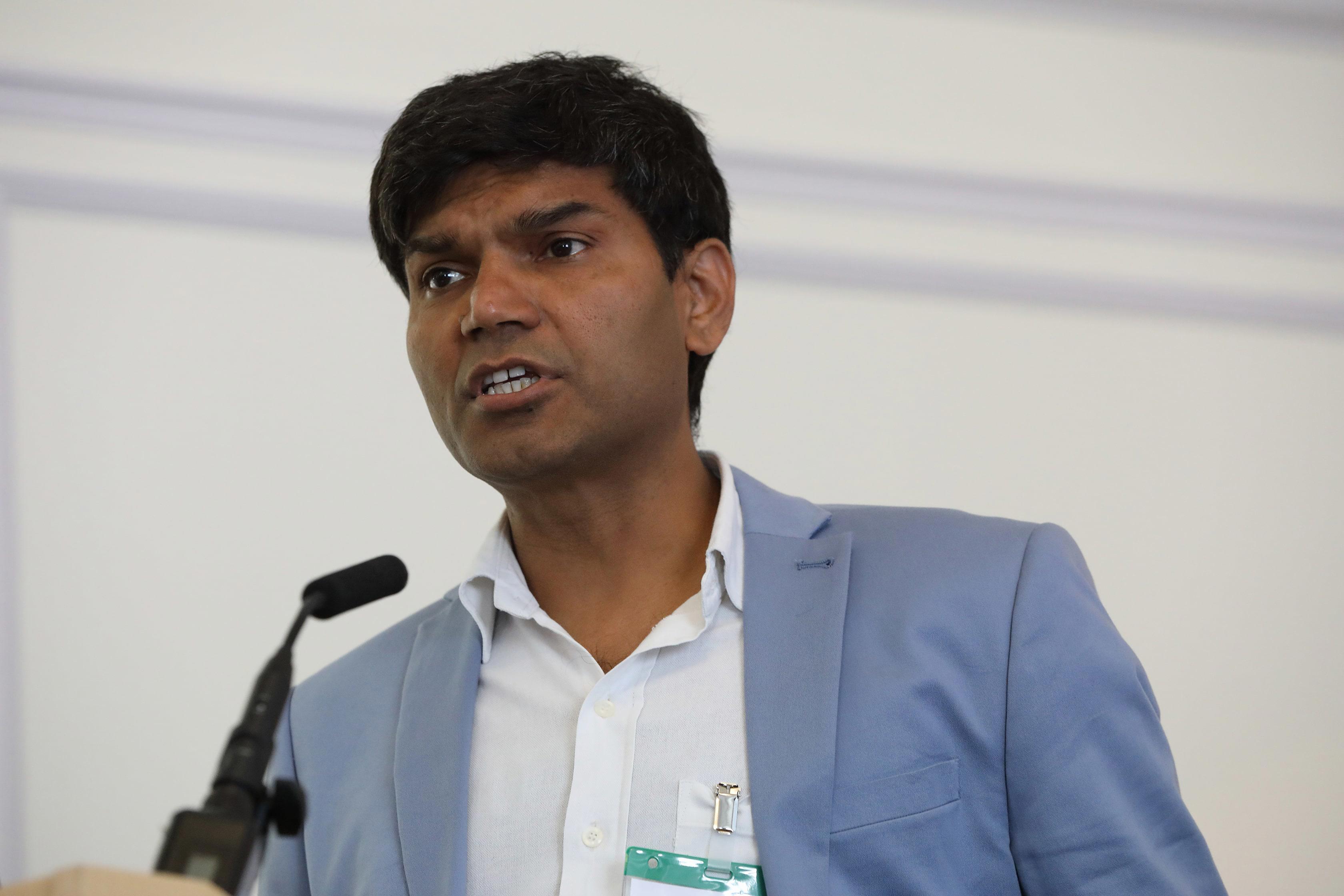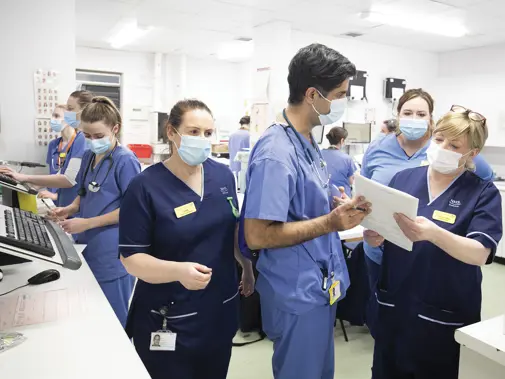There is a general acknowledgement from doctors and health professionals from all over the world that, in respect of design and delivery of care, things will need to be done differently in the post-pandemic age.
Included in this will need to be an aspect of healthcare that has for too long been overlooked, yet thrown into sharp relief by the pandemic, the issue of the health and wellbeing of those who care for patients.
The impact of COVID and what its legacy will be was a central focus of this year’s International Conference on Physician Health, which took place between 26 and 30 April.
‘The problems that our colleagues around the world have faced over the past year have been monumental,’ explains BMA president Sir Harry Burns as part of the opening to the conference.
‘This notion of moral injury and the fact that we’re having to make decisions that go against the very foundation of our ethic in medicine is something that I think many of our colleagues will struggle with for years to come.
‘When you add to that the fact that we have lost so many of our colleagues to COVID, or who are suffering long-COVID, now more than ever I think is the time for us to get together and share solutions to these problems.’
Change is certain
One of the recurring themes discussed over the conference’s five days was that with immense change having been foisted on the world by the pandemic, members of the medical profession need to themselves embrace change, particularly in how they viewed themselves and each other.
For King’s Fund senior fellow Professor Michael West, the key to improving the wellbeing of doctors was to ensure that compassion was at the centre of medical leadership and practice.
‘For me the most important learning from these past 13 or 14 months has been the centrality of compassion,’ he says
‘I think it’s the compassion of health and care staff that has enabled us to cope during this period. Tragically some of them have given their lives in service of patients.
‘Stress levels, vacancies and intentions to quit in many countries are at the highest levels ever amongst health and social care staff and leader empathy [in addressing this] is fundamental.
‘Leaders must embody compassion in their leadership. That means leaders who pay attention to those they lead, who are present with them … who seek to understand the challenges those they lead face not by imposing a hierarchical understanding from afar but through a dialogue.
‘[However] To create these compassionate cultures we must all first have the courage to be self-compassionate.’
Self-care
 DAVE: 'Physician health has been swept under the carpet'
DAVE: 'Physician health has been swept under the carpet'
Self-compassion and a willingness to examine how doctors have traditionally viewed themselves and their own physical, mental needs was something that BMA deputy chair David Wrigley candidly reflected on as part of a discussion on the perspectives and learning about physician health that could be learnt from the pandemic.
‘Doctors, and most healthcare workers, are not very good patients,’ he admits.
‘We don’t tend to look after ourselves very well, we battle on and go to work when we’re unwell.
‘When I was at medical school many years ago there was no mention at all about the mental health and wellbeing of doctors and students. We have to learn from this past year and help our colleagues, doctors and nurses, who are suffering.’
This was a view shared by Royal College of Psychiatrists dean-elect Professor Subodh Dave, who spoke at a session on what has been learned from the pandemic, and how this knowledge can improve physician health services in the future.
‘COVID has really shone a spotlight on a problem that has existed for some time,’ he says.
‘I think for a long-time the whole idea of physician health and wellbeing has been swept under the carpet, and certainly that is reflected in our training.
‘For me the big turning point has been having an open conversation about our wellbeing and our mental health. It is really important and needs to be embedded in our curriculum during our training and needs to happen more routinely in our workplaces.
‘There’s a real appetite to build on this crisis [COVID] and learn from it and institutionalise some of the reforms that we have brought in specifically during the pandemic.’
Inequality
Along with challenging health services and the professionals who staff them, one of the defining by-products of the pandemic has been to expose the glaring health inequalities both in the UK and in other societies around the world.
Professor Dave said that in addressing the inequalities that existed among many minorities and neglected patients groups, he believed that doctors would similarly need to confront the inequalities in their own levels of health and wellbeing.
‘I feel that there is going to be a broader spotlight in our training on these health inequalities and I think a better understanding of how we as clinicians are responsible for addressing these health inequalities. Part of that [process] is then addressing the health inequalities that we subject ourselves to, [and] I hope that the broader spotlight on health inequalities will also mean that self-care becomes more acceptable.’

